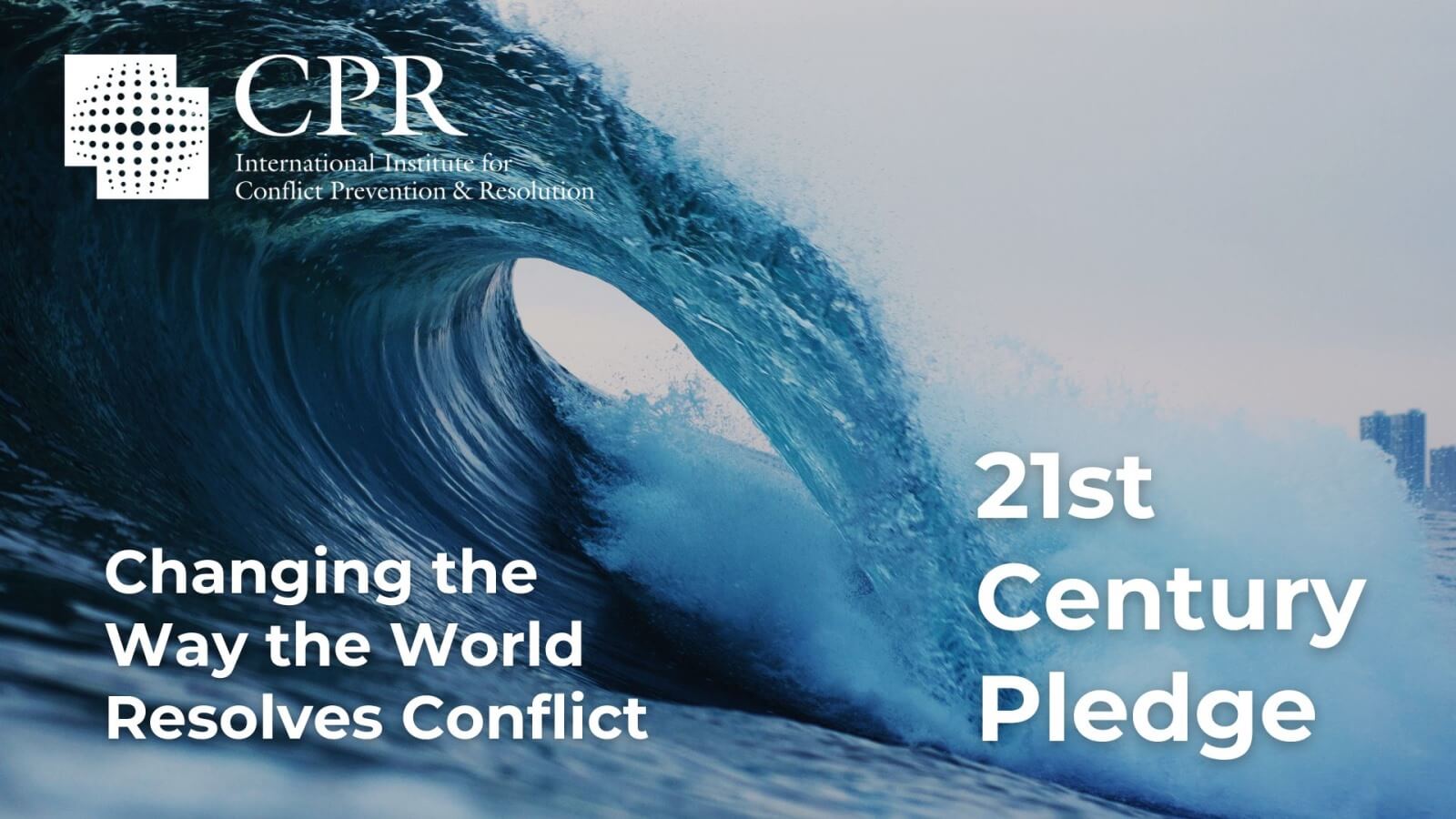A) Mediation vs. Litigation
B) Mediation vs. Arbitration
C) Additional Advantages
D) Possible Disadvantages
a) Mediation vs. Litigation
| Mediation |
Litigation |
-
The overwhelming majority of commercial disputes settle. Mediation enables parties to achieve a better settlement earlier and thereby, to reduce costs and disruption to the business.
-
Mediation offers parties a setting where their dispute can be resolved in a flexible and confidential manner.
-
Unlike a judge, a mediator has no power to impose a solution on the parties.
-
Parties can achieve remedies that may be outside the scope of the judicial process.
-
Parties have the opportunity to speak directly to each other with the assistance of a neutral third party, the mediator.
- Mediation usually enables parties to achieve resolution faster than can be done through other methods.
|
- Through litigation parties secure a decision on their dispute in a public setting.
-
Parties are bound by the court order.
-
Judges are limited by the request for relief.
-
The parties are represented by counsel who address the judge and are usually advised by their attorneys not to speak to one another.
|
b) Mediation vs. Arbitration
| Mediation |
Arbitration |
- Parties have the opportunity to speak directly to each other with the assistance of a neutral third party, the mediator.
- The parties to the dispute play a central role as active participants in the process.
- The process is extremely flexible and informal.
- The parties control the ultimate resolution of the dispute.
|
-
Parties play a secondary role because presentations are made by attorneys.
-
Although arbitration is more flexible than litigation, the process maintains a certain degree of formality.
-
The ultimate resolution of the dispute through arbitration is in the hands of the arbitrator, not the parties.
-
Parties are bound by an arbitration award. As a matter of law only very limited grounds exist for appeal of an arbitration award to the courts. However, under CPR rules, it is possible to include a limited appeal process in the arbitration proceedings itself. Arbitration awards are also limited by the original agreement of the parties and the request for relief, and usually consists of monetary damages.
|
(CPR Master Guide: Drafting Dispute Resolution Clauses)
c) Additional Advantages of Mediation
Since parties to the dispute shape the process, Mediation is able to preserve relationships because the emphasis is on the interests of the parties. The goal is to resolve problems in a principled fashion and move on. (CPR Master Guide: Drafting Dispute Resolution Clauses)
Among dispute resolution processes, mediation offers a maximum degree of confidentiality and privacy. Contractual and legal protections provide additional assurances against use or disclosure of mediation statements or documents. These confidentiality protections contrast sharply with the public nature of the litigation process and its procedures that encourage public disclosure.
(CPR Mediation Procedure)
d) Possible Disadvantages
If the establishment of precedent or articulation of public policy is an important goal for either of the parties, mediation may not be the appropriate dispute resolution process.
The information and resources on this website should not be construed as legal advice or opinion, or as a substitute for the advice of counsel.

